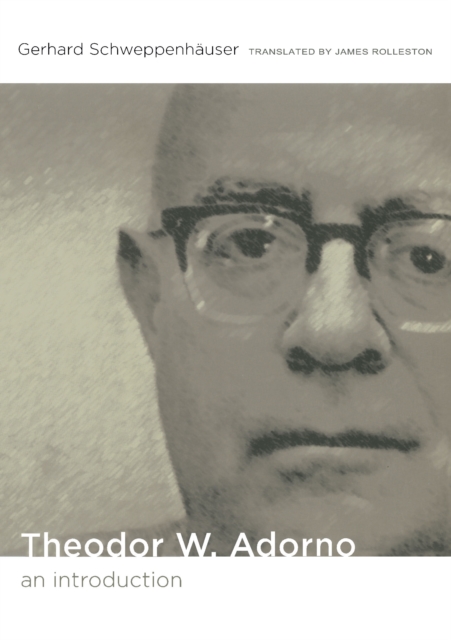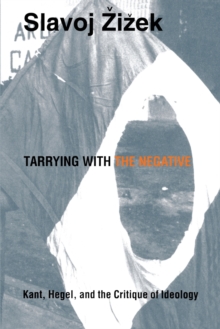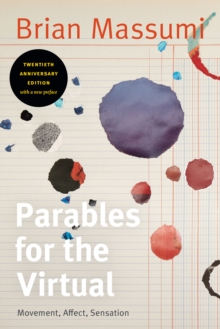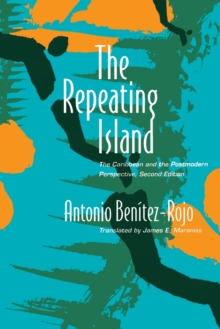
Theodor W. Adorno : An Introduction PDF
by Schweppenhauser Gerhard Schweppenhauser
Part of the Post-Contemporary Interventions series
- Information
Description
After providing a brief overview of Adorno's life, Schweppenhauser turns to the theorist's core philosophical concepts, including post-Kantian critique, determinate negation, and the primacy of the object, as well as his view of the Enlightenment as a code for world domination, his diagnosis of modern mass culture as a program of social control, and his understanding of modernist aesthetics as a challenge to conceive an alternative politics. Along the way, Schweppenhauser illuminates the works widely considered Adorno's most important achievements: Minima Moralia, Dialectic of Enlightenment (co-authored with Horkheimer), and Negative Dialectics. Adorno wrote much of the first two of these during his years in California (1938-49), where he lived near Arnold Schoenberg and Thomas Mann, whom he assisted with the musical aesthetics at the center of Mann's novel Doctor Faustus.
Information
-
Download Now
- Format:PDF
- Pages:198 pages
- Publisher:Duke University Press
- Publication Date:06/04/2009
- Category:
- ISBN:9780822390725
Information
-
Download Now
- Format:PDF
- Pages:198 pages
- Publisher:Duke University Press
- Publication Date:06/04/2009
- Category:
- ISBN:9780822390725



